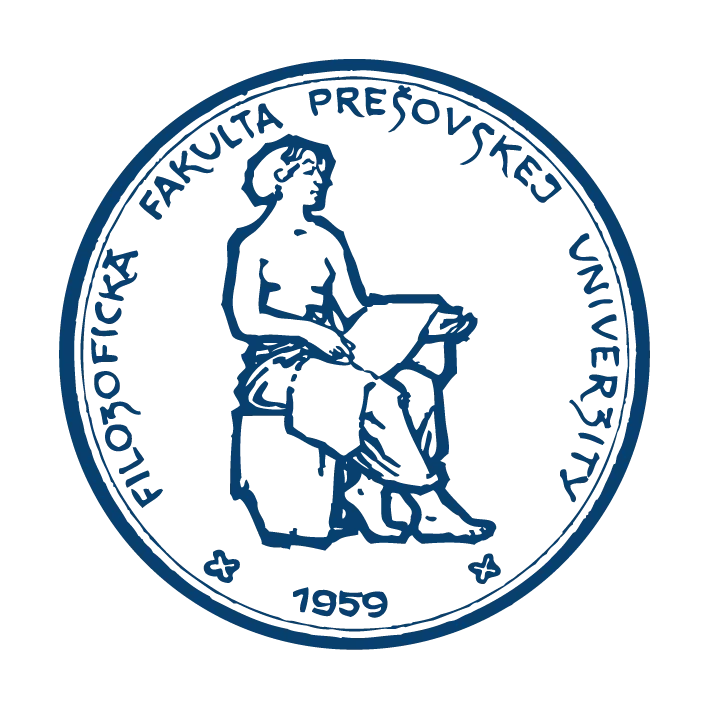English Language and Anglophone Cultures (PhD.)
Profile of the Graduate
Knowledge gained: The graduate of doctoral studies has acquired a systematic and comprehensive set of factual, conceptual, procedural and metacognitive knowledge in the areas of the field of study. He/she knows and understands the complex interdisciplinary relationships between the parts of the discipline that are the methodology of science, modern linguistic, literary, cultural and translatological trends, concepts and approaches, and intercultural communication. The student will be familiar with the theories, methods, and practices of scholarship and research with a focus on contextual linguistics and innovative processes in language, on literary-historical, literary-theoretical, and literary-critical reflection on literatures of the Anglophone social and ethno-cultural complex. This knowledge is at the level of the current state of scientific knowledge and corresponds to international criteria.
Skills acquired: The graduate has mastered the methods, procedures and techniques of scientific research and is able to acquire new knowledge and information, critically analyse it and use it for the development of the field. The student is able to identify a research topic, formulate a scientific problem, select adequate procedures and techniques for data acquisition and processing and methods of data analysis, interpret them and justify his/her contribution to scientific research. They can creatively refine and further develop scientific theories, models and approaches. They have mastered the principles and practices of academic writing and are able to submit a scholarly text for publication in a competitive domestic and international scholarly arena. The graduate is able to apply his/her research results in his/her own educational, scientific research and publishing activities.
Acquired competencies:The graduate is able to think creatively, critically and analytically on his/her own and has the prerequisites to initiate and solve challenging and complex research problems with a high degree of originality and social contribution in his/her field. He/she is able to work scientifically and solve research tasks independently and in collaboration with a team of experts and to establish professional contacts in his/her field at conferences or during a study stay abroad. He/she is able to critically assess his/her own professional activity, adjust and optimise the research process and adapt it flexibly to changing research conditions. He/she is able to present and defend the results of his/her research to the domestic and international professional community and to popularise his/her scientific field to a wider cultural audience in an accessible way. He/she is able to follow the current development trends in his/her field and reflect on the ethical and socio-cultural aspects of scientific work. He/she can individually and in groups design, organise and manage scientific research at national level and participate in the organisation of research of an international nature as a communicatively competent and methodologically informed professional with the highest degree of ethical integrity. He/she is able to plan his/her own professional and personal development, to systematically educate himself/herself and to contribute in an original way to the creation and dissemination of knowledge, procedures and solutions within his/her field of study, and is prepared for further work in science and research.
Description of the Study Programme (full-time)
Description of the Study Programme (part-time)
Recommended Study Programme (full-time)
Recommended Study Programme (part-time)
